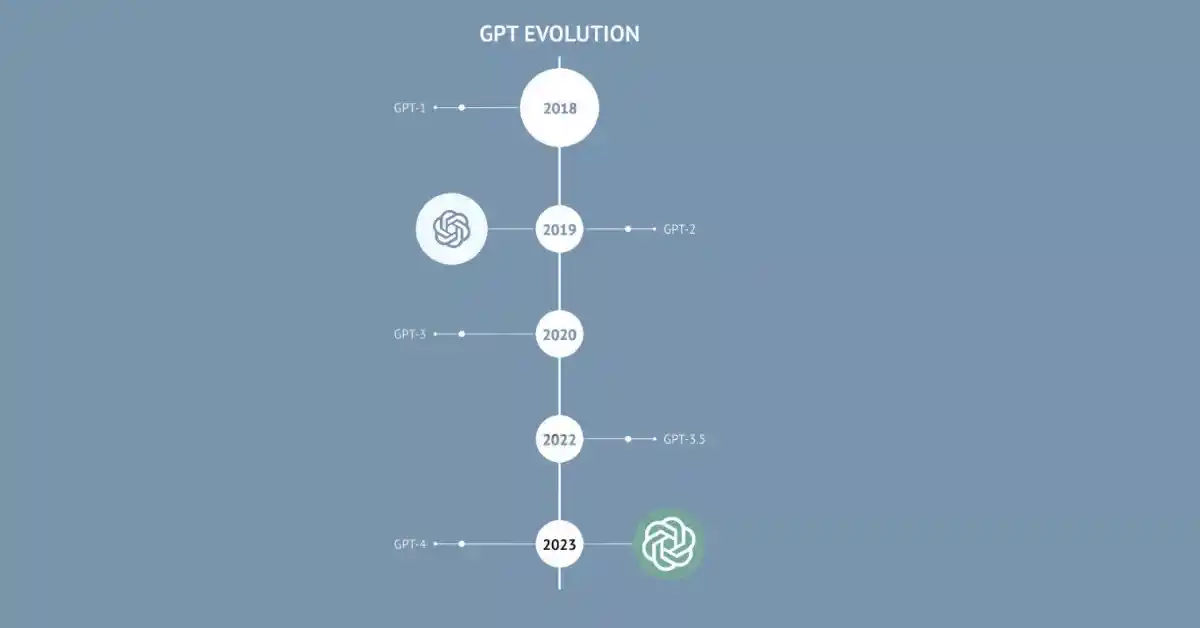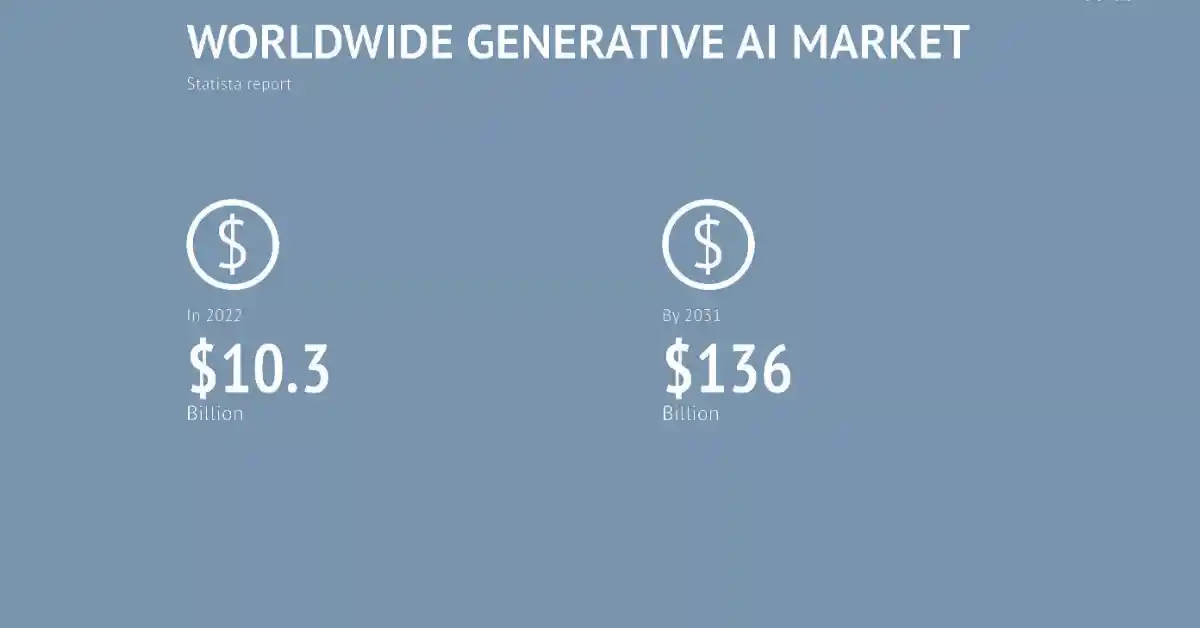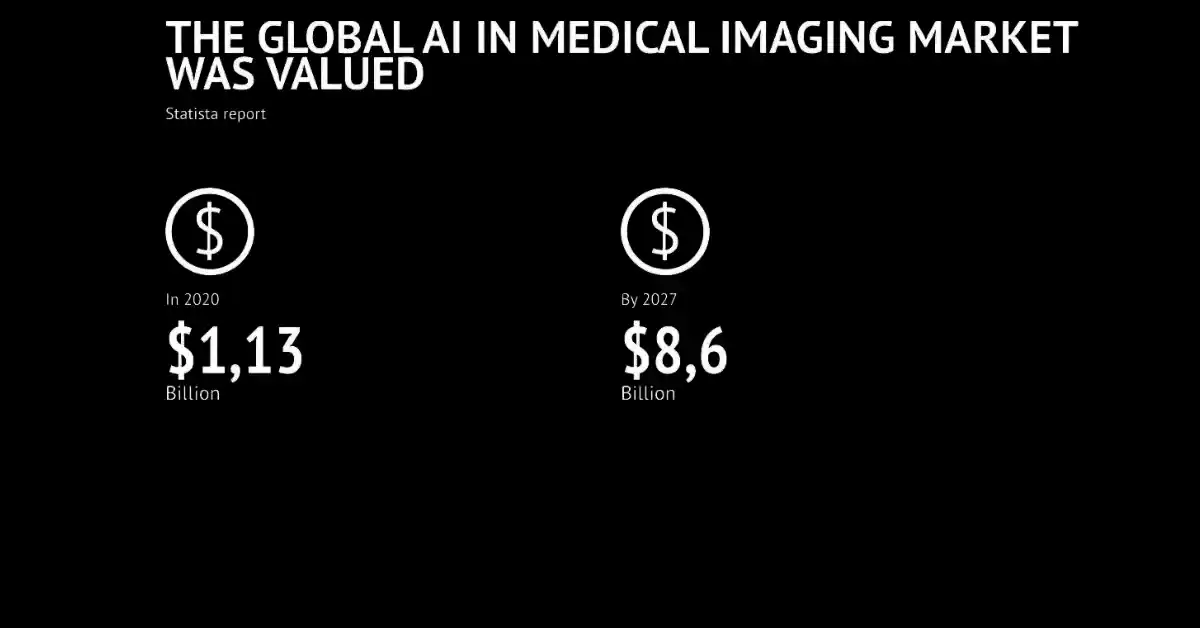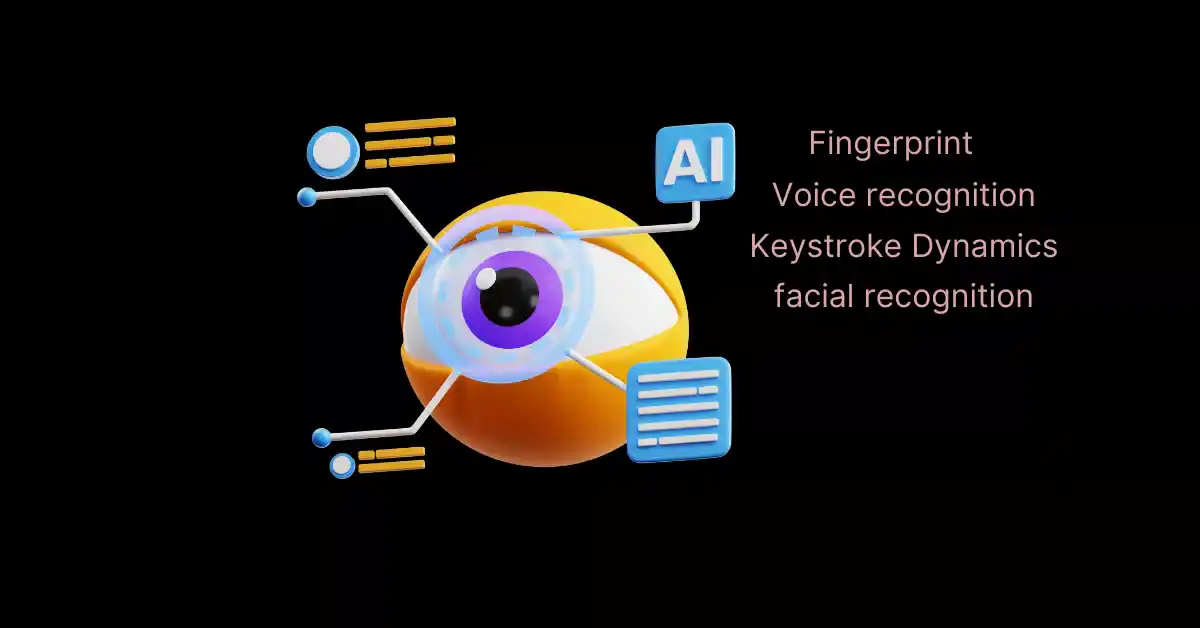Table of Contents
In an era of the Latest AI technology advancements shaping the fabric of our existence, artificial intelligence (AI) emerges as the driving force propelling innovation to unprecedented heights. The rapid evolution of the latest AI technologies continues to redefine the landscape of various industries, revolutionizing the way we live, work, and interact with the world around us. As businesses strive to stay ahead in this dynamic environment, understanding and adopting the latest AI technologies becomes imperative for survival and growth.
The Dynamic Realm of AI: An Introduction
In today’s world, AI is no longer confined to the realm of science fiction; it permeates every aspect of our daily lives. From the convenience of virtual assistants on our smartphones to the intricacies of predictive analytics shaping business strategies, the impact of AI is ubiquitous. With each passing moment, the latest AI technologies continue to push the boundaries of what was once deemed impossible, ushering in a new era of innovation and transformation.
Unveiling the Latest AI Technologies
1. GPT-3.5/GPT-4
The evolution of GPT, from its inception to the groundbreaking advancements of GPT-3.5 and GPT-4, underscores a transformative journey in artificial intelligence. Beginning with rudimentary chatbots like ELIZA and ALICE, the landscape shifted with the advent of AI-driven models incorporating machine learning and NLP techniques. GPT-1, GPT-2, and GPT-3 marked successive milestones, each enhancing natural language understanding and generation capabilities. GPT-3.5’s monumental leap with 175 billion parameters revolutionized content creation, empowering businesses to automate processes at scale.

Now, with the emergence of GPT-4 boasting over 200 billion parameters, the potential for unprecedented language comprehension and generation looms large. Sam Altman’s visionary outlook on OpenAI’s impact underscores its universal relevance, with Chat GPT bridging age and profession divides. As the latest AI technologies landscape continues to evolve, the horizon teems with possibilities, promising transformative applications across industries, from content creation to virtual assistance.

Related Article: What Is OpenAI GPT-4o? A Free and Faster Model by ChatGPT
2. Generative Adversarial Networks (GANs)
Introduced Generative Adversarial Networks (GANs) in 2014, heralding a paradigm shift in generative modeling. Goodfellow’s ingenious concept pitted a generator network against a discriminator network within a competitive framework, revolutionizing the field of the latest AI technologies. Over time, GAN models have evolved in complexity, exemplified by BigGAN’s staggering 12 billion parameters, enabling the creation of high-resolution images with remarkable fidelity. Moreover, GANs have propelled advancements in image super-resolution, exemplified by “ESRGAN,” capable of upscaling images with unparalleled quality, particularly beneficial in fields like medical imaging.

Notably, GANs have transcended traditional boundaries, as seen in “Edmond de Belamy,” the first AI-generated artwork auctioned at Christie’s for over $432,000, highlighting their economic significance. With the generative AI market projected to soar to USD 136 billion by 2031, driven by burgeoning demand in healthcare, media, and entertainment, GANs are poised for further transformative breakthroughs. Exciting prospects in 3D modeling, video generation, and beyond underscore GANs’ role in continually pushing the frontiers of AI innovation.
3. Explainable AI (XAI)
The inception of Explainable AI (XAI) stemmed from a quest for transparency and interpretability within AI systems. Its primary objective is to elucidate how AI models formulate decisions, fostering trust and comprehension among humans regarding AI-generated outcomes. By aligning AI-driven decisions with human values and expectations, XAI serves as a crucial bridge between AI capabilities and human understanding.
Employing a diverse array of techniques, XAI stands out as a distinctive model among the latest AI technologies. Decision trees, linear models, and rule-based systems are among the methodologies utilized by XAI to unravel the decision-making processes of the latest AI technologies models, offering valuable insights into their predictive mechanisms.

Driven by mounting adoption across sectors such as healthcare, finance, and manufacturing, the global XAI market is poised for significant expansion, projected to reach $1.2 billion by 2027. This growth trajectory underscores XAI’s pivotal role in enhancing the accessibility and comprehensibility of the latest AI technologies, thus paving the way for broader societal integration and acceptance.
4. Natural Language Processing (NLP)
Natural Language Processing (NLP) has deep roots dating back to the 1950s, setting the stage for its pivotal role in shaping the latest AI technologies. The advent of deep learning, epitomized by models like RNNs and transformers such as GPT and BERT, has propelled NLP into an era of unprecedented advancement. Multilingual models like XLM-R and mBERT have fostered global communication, while virtual assistants like Siri and Alexa leverage NLP for intuitive interactions.
In business, NLP-driven chatbots have revolutionized customer support, enhancing satisfaction and efficiency. NLP’s versatility extends to content generation and SEO optimization, empowering businesses with powerful tools for effective communication and decision-making. Moving forward, NLP holds promise for conversational AI, document summarization, and AI-driven content creation, positioning businesses for success in a dynamic landscape.
5. Healthcare: Transforming Patient Care and Treatment
The integration of the latest AI technologies into healthcare has been a transformative journey, enhancing patient care, diagnosis, and treatment through bespoke software solutions and the latest AI technologies. Starting with AI’s early applications in medical imaging, the sector has witnessed remarkable growth, with the global market reaching $1.13 billion in 2020 and projected to hit $8.66 billion by 2027.
AI algorithms have revolutionized disease diagnosis, achieving up to 94% accuracy in detecting conditions like cancer. Additionally, AI expedites drug discovery processes, cutting costs and timeframes significantly.

The COVID-19 pandemic accelerated the adoption of telemedicine, with AI-powered platforms facilitating remote consultations. With the telemedicine market projected to reach $286.22 billion by 2030, AI-driven innovations stand poised to revolutionize healthcare delivery, saving lives and improving patient outcomes.
Related article: Custom Telemedicine Software for Mental Health in 2024
6. Biometrics: Enhancing Security and Authentication
The rapid growth of biometrics, driven by the latest AI technologies, is reshaping various sectors. From a $22.68 billion market value in 2020, it’s projected to soar to $85.96 billion by 2027. Among the popular biometric methods, fingerprint recognition stands out, with applications ranging from smartphone security to border control. The fingerprint sensor market, comprising 15% of the global biometric system market, saw revenues hit $3.7 billion in 2022, expected to reach $10.2 billion by 2032. Facial recognition, powered by AI, has achieved remarkable accuracy, finding utility in access control, surveillance, and user authentication.

AI innovations enhance security in areas like fraud prevention and authentication, especially with behavioral biometrics like keystroke dynamics and voice recognition. Fingerprint and facial recognition are also increasingly utilized in secure payment and financial transactions, offering a secure and convenient alternative to traditional methods. The future holds promises of AI-driven advancements in biometrics, including gait recognition, DNA-based biometrics, and brainwave authentication, reshaping identity verification and human-technology interaction.
7. Evenflow AI
Let’s explore a practical case showcasing the integration of the latest AI technologies in real business operations. debit’s interdisciplinary team developed EvenFlow’s latest AI technologies, a platform revolutionizing how BMW, Honda, and Ford car owners book maintenance appointments.
EvenFlow AI, inspired by revenue management strategies from the airline industry, optimizes scheduling using the latest AI technologies like dynamic pricing. This approach strategically organizes service requests to maximize profit, while prioritizing user convenience by offering incentives for off-peak bookings.
Key to EvenFlow AI’s success is its real-time capacity management, ensuring efficient resource allocation akin to AI’s role in optimizing supply chains. This example highlights AI’s transformative impact on traditional industries, aligning with trends and showcasing its potential across sectors.
8. Predictive AI Analytics
Predictive AI analytics integrates cutting-edge advancements in data science, machine learning, and statistical modeling. Its impact on industrial operations, notably in predictive maintenance, is profound. By forecasting equipment failures and optimizing maintenance schedules, it minimizes downtime and slashes maintenance expenses. Moreover, in marketing, predictive AI analytics drives personalization by scrutinizing customer behavior and preferences, allowing businesses to deliver tailored content and recommendations, thereby boosting conversion rates and enhancing customer satisfaction.
In finance, predictive AI analytics is indispensable for risk assessment, fraud detection, and investment portfolio optimization. Its adoption facilitates more astute decision-making, mitigating financial risks effectively. Looking ahead, experts anticipate significant strides in predictive AI analytics. With ongoing advancements in deep learning, real-time data processing, and explainable AI, its capabilities will expand further, solidifying its position as a pivotal tool for informed decision-making.
9. Chatbots and Virtual Assistants
The journey of AI-powered chatbots and virtual assistants spans several decades, tracing back to pioneers like ELIZA in the 1960s. Today, their integration into businesses primarily aims at enhancing customer service. By offering instantaneous responses, operating round-the-clock, and managing routine tasks, they elevate customer satisfaction while delivering cost efficiencies. Leveraging user data and behavior, these AI innovations personalize user experiences, driving recommendations and augmenting sales.

AI chatbots and virtual assistants often boast multilingual capabilities, facilitating global communication and business expansion. Internally, they streamline workplace operations by automating tasks, scheduling meetings, and aiding in information retrieval, thereby enhancing productivity and time management.
Integral to the digital landscape, AI-powered chatbots and virtual assistants are revolutionizing customer service, personalization, and workplace efficiency. Their ongoing evolution promises to redefine the dynamics of interactions between businesses and individuals, ushering in a new era of technological engagement.
10. Sales and Marketing
The integration of the latest AI technologies in marketing has fundamentally reshaped how businesses engage with consumers. From early automation to today’s predictive analytics, AI has revolutionized the marketing landscape.
In the contemporary era, AI facilitates hyper-personalized marketing campaigns by analyzing vast troves of customer data and behavior. This tailored approach, including personalized content and product recommendations, drives heightened conversion rates and fosters customer loyalty. AI-powered sales tools further enhance marketing efforts by providing precise sales forecasting and lead scoring, enabling businesses to pinpoint high-value leads and refine sales strategies for increased revenue and efficiency. Additionally, AI-driven marketing automation streamlines repetitive tasks, email marketing, and lead nurturing processes.

Yet, the pervasive use of AI in marketing raises legitimate ethical concerns regarding data privacy, algorithmic bias, and responsible data utilization. Maintaining transparency and strict adherence to data protection regulations are imperative in navigating these ethical considerations.
11. Data Analytics
The integration of the latest AI technologies into data analytics has ushered in a paradigm shift in how organizations leverage insights from vast datasets. This evolution, which originated from traditional data analysis methods, has matured into sophisticated AI-driven analytics systems.
AI optimizes various data processing tasks, spanning from collection and cleansing to transformation and storage, thereby reducing manual efforts while enhancing the speed and accuracy of analytics processes. Leveraging machine learning algorithms, predictive analytics enables organizations to forecast trends, anticipate customer behavior, and navigate market dynamics, empowering informed decision-making and strategic planning.
New Technologies in AI: Data Analytics Furthermore, AI-driven data analytics platforms offer personalized data dashboards and reports tailored to individual users’ roles and objectives, ensuring that insights are relevant and actionable. This customization enhances user experience and facilitates more effective utilization of analytics outputs across organizations.
Embracing the Future of AI
In conclusion, the latest AI technologies represent a paradigm shift in how we perceive and interact with technology. From natural language understanding to predictive analytics, these technologies are reshaping industries and unlocking unprecedented opportunities for innovation and growth. As businesses navigate the complexities of a rapidly evolving technological landscape, embracing the latest AI technologies becomes not only a necessity but also a catalyst for success in the digital age. By harnessing the power of AI, businesses can unlock new levels of efficiency, productivity, and competitiveness, paving the way for a future defined by innovation and transformation.
Embrace The Future of AI with HyScaler!
The impact of new AI technologies is evident across diverse industries, offering individuals opportunities for personal enhancement and business avenues for profitability and enhanced customer engagement. Don’t overlook the chance to elevate your business. Opt for HyScaler to integrate cutting-edge AI technologies into your operations and propel your projects forward.
At HyScaler, we boast a team of seasoned professionals, including web developers, UI/UX designers, Android and iOS programmers, PHP specialists, and more, ready to collaborate with you on your AI initiatives. Whether you’re looking to create new AI projects or enhance existing ones, HyScaler stands as your reliable partner.
When you’re prepared to unlock the full potential of AI for your business, remember that HyScaler is here to support you every step of the way. Let’s work together to transform AI innovations into tangible strategies, driving your business success in the digital era.
Don’t hesitate; reach out to us today and embark on a journey to shape the future of your business with AI!”